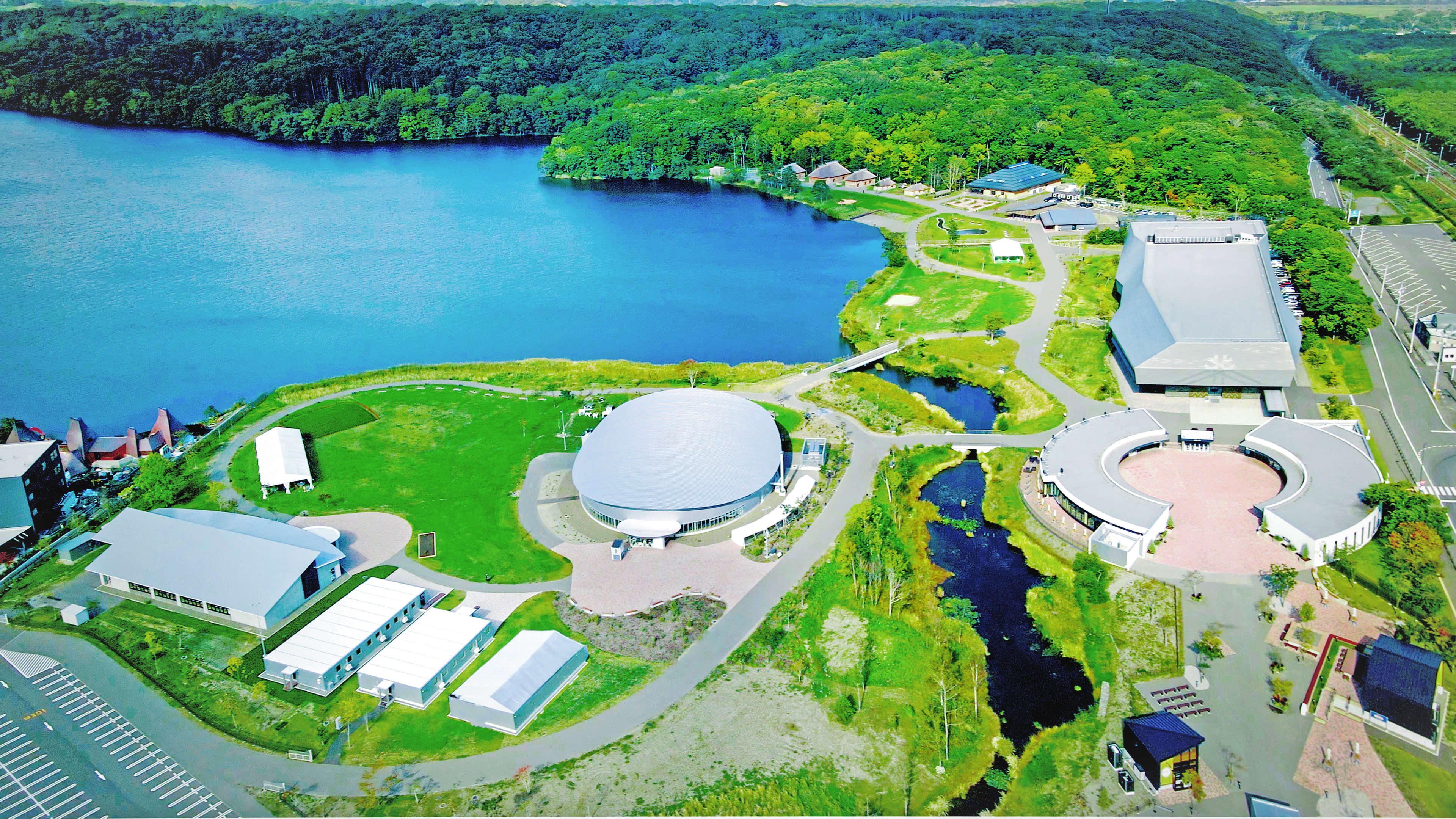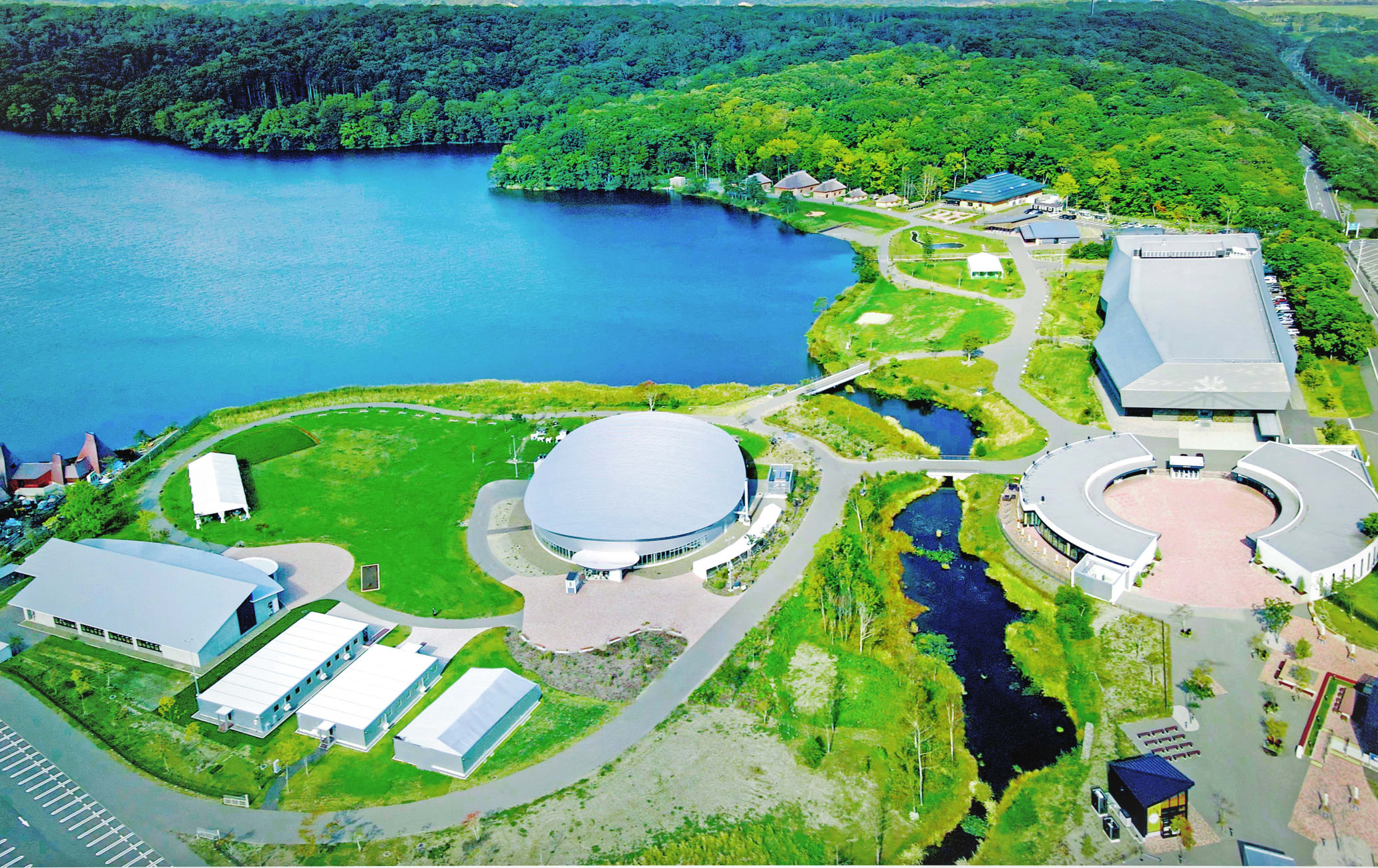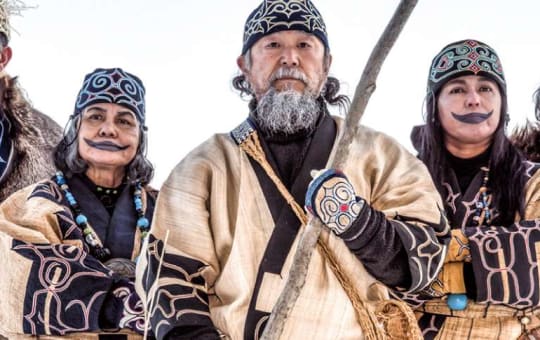Courtesy of The Foundation for Ainu Culture
The National Ainu Museum and Park promotes the life and culture of Ainu people, an ethnic group indigenous to northern Japan
The open-air facility, with interactive educational exhibits, is better known by nickname, “Upopoy.” The name Upopoy means “singing in a large group,” symbolizing the facility's mission to provide a place for people to gather and learn as a community. Upopoy provides an in-depth look at a history and culture few people outside Japan have heard about.
Don't Miss
- Traditional Ainu dance, designated an Intangible Cultural Heritage of Humanity by UNESCO
- A visit to the Kotan—a reproduction of a traditional Ainu village
How to Get There
Upopoy is accessible by rail and car. The closest station is JR Shiraoi Station—around 65 minutes from Sapporo. The facility is a ten-minute walk from the North Exit of the station. Parking is available for visitors arriving by car.
National Ainu Museum: A wealth of cultural and learning experiences

Courtesy of The Foundation for Ainu Culture
Upopoy opened in 2020 and one of its main facilities is the National Ainu Museum, Japan's northernmost national museum. It houses a permanent exhibition encompassing six themes related to Ainu people and culture: Language, Universe (spirituality and customs), Lives, History, Work, and Exchange (Ainu interactions with other ethnic groups). In the main exhibition hall, you can roam freely and gain insights into Ainu culture at your leisure. It features Tempatempa (“touch and feel them” in Ainu), an interactive space where you can deepen your understanding of Ainu culture through models, dioramas and puzzles based on the permanent exhibition's six themes.

Courtesy of The Foundation for Ainu Culture
In the special exhibition hall, you can find the latest research into Ainu culture and a range of other subjects, including Japan's other Indigenous peoples and cultures. The theater in the museum shows two short, introductory films that give an overview of Ainu history and spirituality as well as a look at Ainu exhibitions in museums around the world.
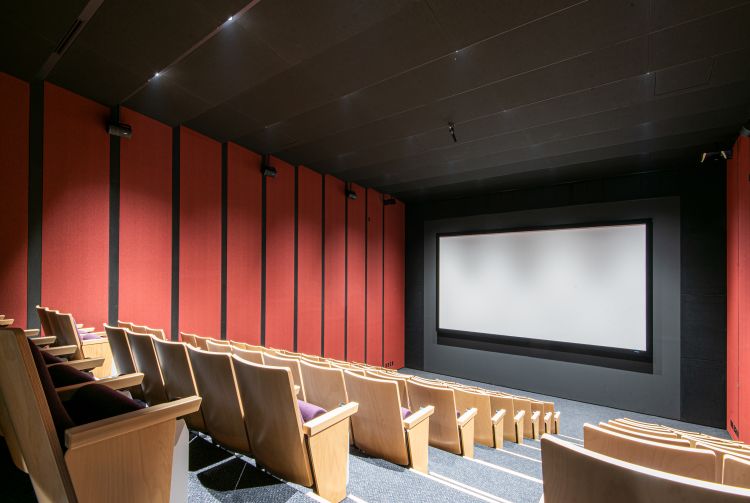
Courtesy of The Foundation for Ainu Culture
National Ainu Park: Open-air exploration

Courtesy of The Foundation for Ainu Culture*image
Outside the museum is the National Ainu Park. Its lush greenery and extensive walking paths encourage contemplation on the importance Ainu culture places on coexisting with nature. As you explore, stop by its many experience centers for an up-close look at Ainu crafts, cuisine, life and music.
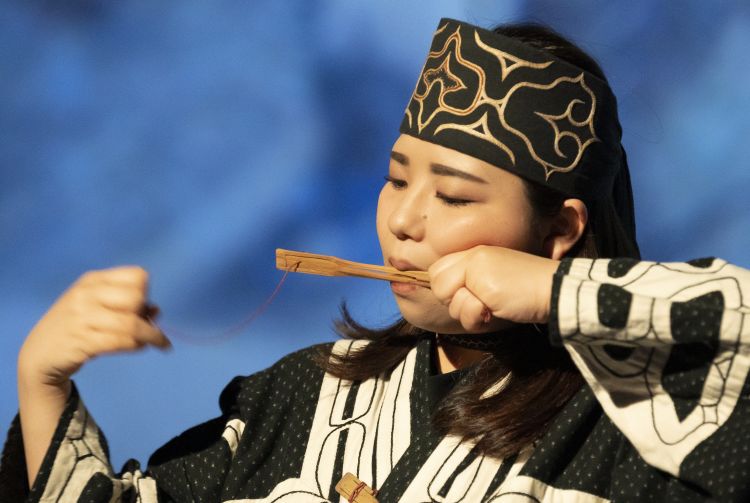
Courtesy of The Foundation for Ainu Culture

Courtesy of The Foundation for Ainu Culture
The Kotan (Traditional Ainu Village) is at Upopoy's northernmost edge. Explore inside a cise, or traditional Ainu home, and listen to audio guides explaining how the Ainu used to live and the people's connection to kamuy, spirit deities that exist throughout nature and watch over humans. While here you can try on Ainu clothing and participate in some of their traditional ceremonies.
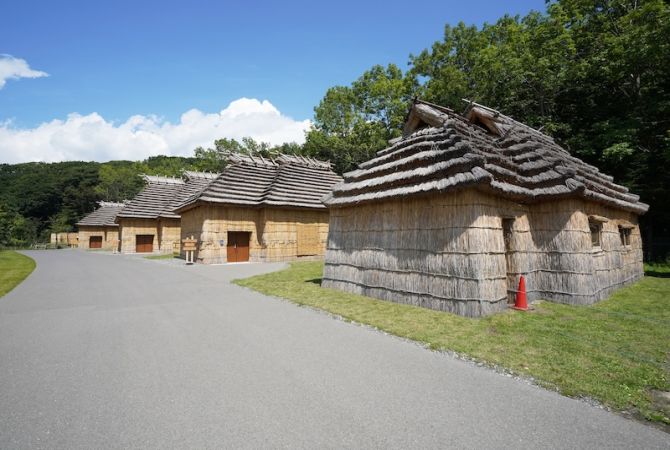

A mission of preservation
Upopoy has a vital mission—to preserve and promote Ainu culture and history. Each year, there are fewer people who can pass on Ainu history, language and traditions to the next generation. To counteract this, Upopoy was created as a space where Ainu culture can be safeguarded.
As a center for learning, Upopoy enables people from around the world to discover a vibrant, but little-known culture. It will become a base from which Ainu research is conducted and where Ainu culture is revitalized and expanded. It will also act as a symbol of the Japanese government's commitment to ensuring that Japan's Indigenous people are treated with respect and dignity.
*Photo credit: The Foundation for Ainu Culture




















































